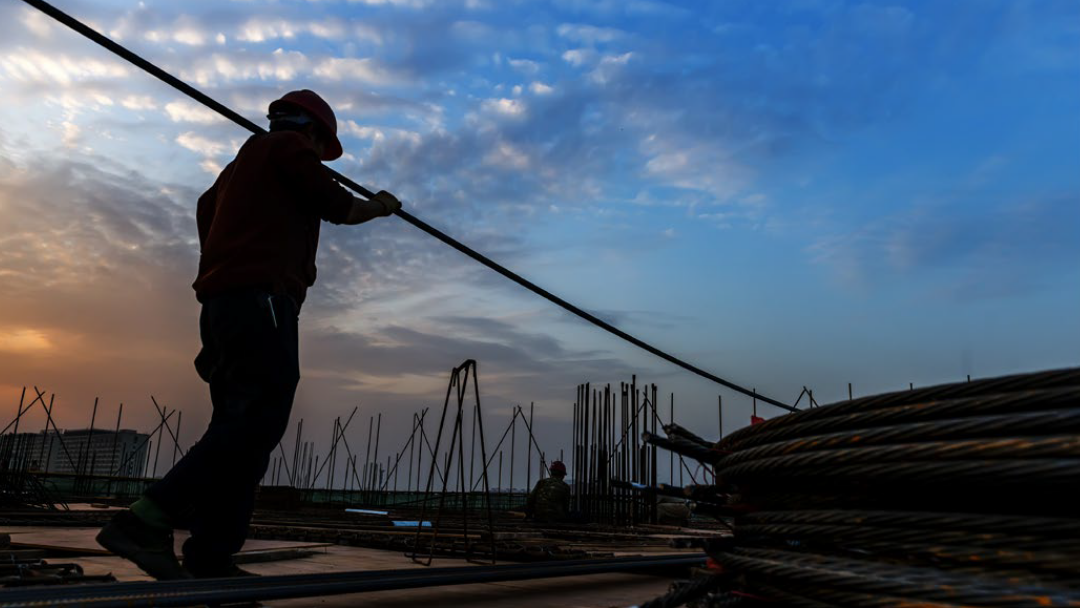In collaboration with Build UK, Timewise piloted flexible working in site-based teams at four construction firms. The results proved that flexibility can be implemented successfully, despite the sector’s significant operational barriers.
Site-based construction work is a particularly tough nut to crack for flexible working. With its location based work, inter-dependent team roles, and a long hours’ culture created by rigid deadlines, the options for flexibility are more limited than for most sectors.
The demanding working patterns are believed to contribute to a troubling record on mental health and wellbeing, as well as challenges with gender diversity, so the sector has increasingly been searching for solutions.
In this programme of pilots, a variety of flexible options were tested that allowed construction teams greater control over their working patterns. The report shows:
- Flexible working CAN be implemented on construction sites, with no adverse impact on budgets or timelines.
- Flexible working increased workers’ sense of wellbeing and work-life balance.
- The team-based approach to giving workers greater control of their working patterns energised the teams – people reported they felt more motivated.
- The culture became more positive around acceptance and understanding of flexible workers.
Where next?
It is hoped that the findings from this pilot will inspire other construction firms to trial and roll out flexible working, in order to address skills shortages by attracting a wider audience (especially women), and look after the health and wellbeing of the workforce. The report includes a 10 point plan with guidance for employers on how to do this, and also recommendations to the Construction Leadership Council to catalyse change at scale.
Download the full report here.
Thanks go to BAM Construct, BAM Nuttall, Skanska UK and Willmott Dixon for their pioneering involvement in the pilots. Also to Build UK, Barclays LifeSkills and CITB for their support in making the programme possible.


